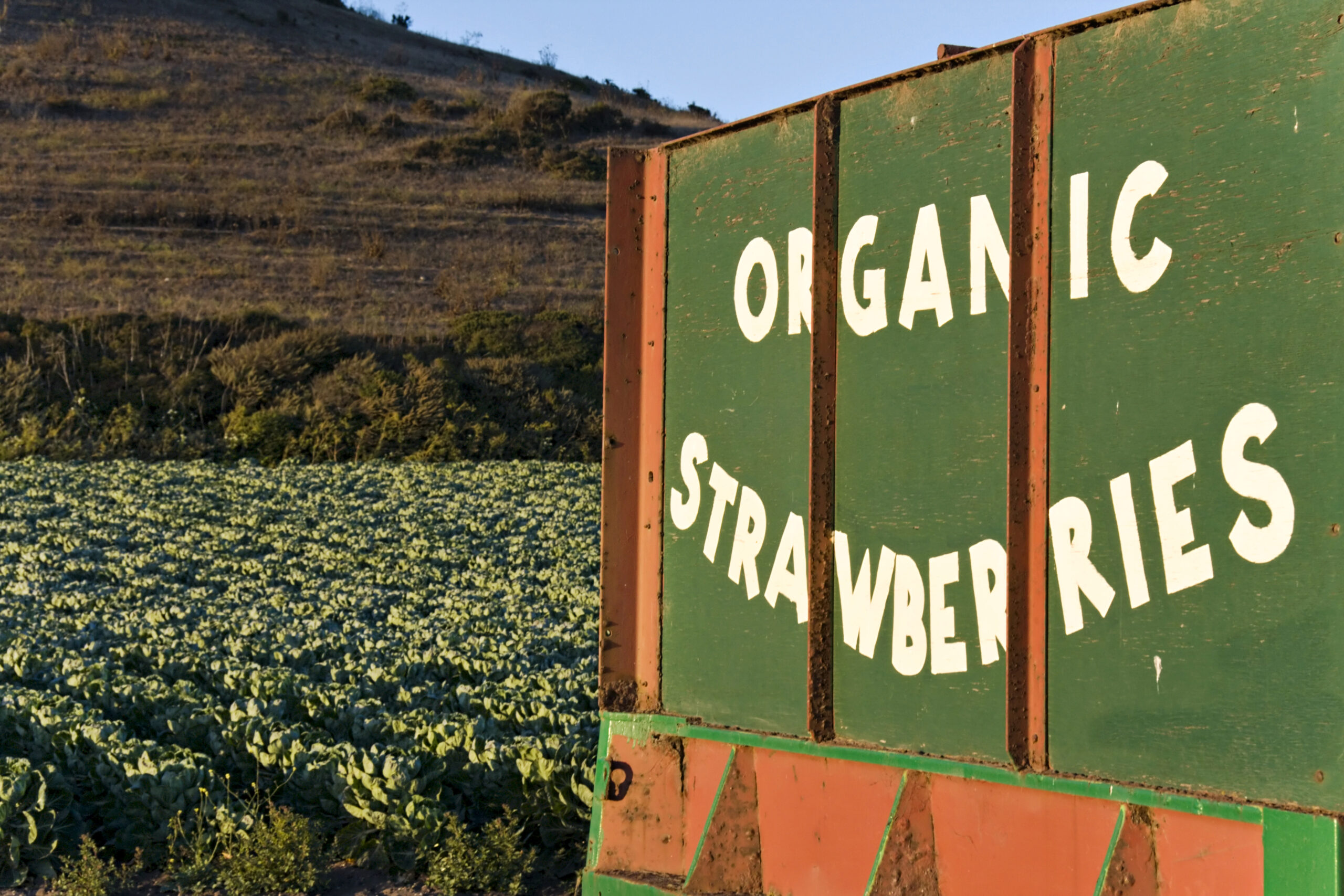Originally published in the National Review on May 18, 2015.
California is in the fourth year of record-setting dearth of rain, with virtually the entire state experiencing “exceptional drought.” In response, Governor Jerry Brown has mandated a 25 percent reduction in the state’s water use — a mandate that is long on directives and short on incentives. The governor proposes to reduce acreage in lawns, prohibit new homes from irrigating with potable water, and offer rebates for replacing old toilets. Nowhere to be found are increases in water prices to induce conservation.
We have a better idea.
One of the few things economists can agree on is that increasing the price of a good will decrease the quantity demanded. For this reason, virtually every policy wonk who worries about global warming agrees that pricing carbon with a revenue-neutral carbon tax is a way to get us out of our cars and onto our bikes. Similarly, water-policy analysts agree that California’s thirst for water won’t be significantly reduced until consumers are faced with a more realistic price for the “clear gold.”
In that spirit, we propose a revenue-neutral tax on all organic products — food, linens, clothing, pillows, tobacco, etc.
How will taxing organic products help to conserve water? The answer is that organic agriculture uses more of critical inputs — labor, land, and water — than conventional agriculture. Taxation would reduce the demand for water-wasting organic products relative to non-organic alternatives, and thereby reduce some of the pressure on California’s dwindling water supplies.
Consider the inefficiency of organic agriculture. A 30-year side-by-side trial comparing yields per acre of organic versus conventional practices by the Rodale Institute (whose motto is, “organic pioneers since 1947”) contends that organic and conventional plots produce equal yields. But at the 20-year point of the Rodale study, Alex Avery, the director of research and education at the Hudson Institute’s Center for Global Food Issues, used Rodale’s own data to impeach that claim. His analysis concluded that conventional agriculture beat organic handily in “total system yields” (by 30 percent), nitrogen efficiency (by 60 percent), and labor (by 35 percent).
The U.S. Department of Agriculture’s (USDA) 2008 Organic Production Survey of all 14,450 organic farms in the United States, covering a combined 4.1 million acres, found that organic corn yields are 30 percent lower than conventional corn yields; organic rice yields, 41 percent lower than conventional rice yields; organic spring wheat, 53 percent lower; organic tangerines, 48 percent lower; and organic lettuce, 70 percent lower.
Organic agriculture is particularly insidious because it bans the cultivation of crop varieties crafted with molecular genetic-modification techniques, which are particularly relevant during droughts. Not only do genetically engineered crops offer higher yields with less use of insecticides, but they can be crafted to withstand droughts, and to be irrigable with lower-quality (such as brackish) water. For example, a decade ago Egyptian researchers showed that transferring a single gene from barley to wheat allows the wheat to get by with only one-eighth as much irrigation as conventional wheat, surviving on meager rainfall alone. Similar genetic modification has created drought-tolerant corn varieties, and more crops are in the pipeline.
Molecular-genetic engineering also conserves water by allowing agricultural production in salty soils. Fully one-third of irrigated land worldwide, including much of California, is unsuitable for growing crops, and every year nearly 500,000 acres of irrigated land are lost to cultivation due to salt accumulation. Scientists have enhanced salt tolerance in crops as diverse as tomatoes and canola, and made them irrigable with brackish water, thus conserving fresh water for other uses.
By making no-till cultivation possible, the genetic engineering of crops for herbicide tolerance helps to trap soil moisture (and also releases less CO2 to the atmosphere). Under drought conditions, this can mean the difference between having a harvest and crop failure.
Pest- and disease-resistant genetically engineered crop varieties also indirectly improve water use. Because much of the loss to insects and diseases occurs after the plants are fully grown — that is, after most of the water required to grow a crop has already been applied — this means more agricultural output per unit of water invested.
For all of these reasons, taxing California’s organic agricultural production would enable us to get “more crop for the drop.”
A revenue-neutral organic-product tax has two other advantages for Jerry Brown and his minions. First, the tax burden would fall more heavily on the rich than the poor, because wealthy Silicon Valley and Beverly Hills residents consume far more water than their gardeners. A study by researchers at the USDA published in Sustainability found that household income, among several other factors, significantly affects the likelihood of consumers’ purchasing certain organic fruits. And a 2011 publication by the England-based Organic Market Report concluded that the Great Recession ended 16 years of uninterrupted growth in organic-food sales, as consumers became less willing to pay hugely inflated prices for invisible (read: nonexistent) benefits.
Second, making the organic-product tax revenue-neutral would attract some allies among those to whom the largess might be redistributed. But of course it would face political resistance from the potent organic agriculture and food lobbies.
We aren’t holding our breath waiting for Governor Moonbeam and his followers, clad in tie-dyed, organic-cotton t-shirts, to adopt our proposal, even if it might result in more efficient agricultural production and water conservation. But until California devises constructive incentives for water conservation, the vagaries of Mother Nature will continue to create water shortages.
Terry L. Anderson is the William A. Dunn Distinguished Senior Fellow at the Property and Environment Research Center and the John and Jean DeNault Senior Fellow at Stanford University’s Hoover Institution. Henry I. Miller is the Robert Wesson Fellow in Scientific Philosophy & Public Policy at the Hoover Institution.




